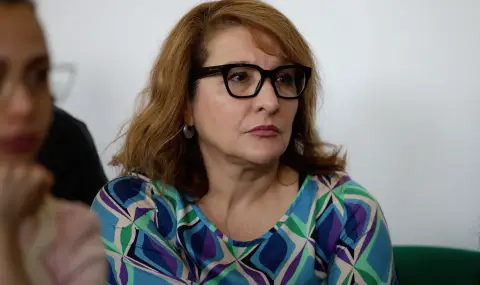Sociologist Elena Darieva stressed that voter turnout was unprecedentedly low, which is a clear sign to the political elite that Bulgarian citizens are distanced from the political process.
"The big problem is that nobody wants a government because they don't want to take responsibility. They fear that people will stone them. This picture is very difficult to manage. They want power, but they are afraid to rule. We observe requests that are a message for the next election. They explain how much they want to form a government, but others are to blame," Prof. Hristova told Bulgaria ON AIR.
Darieva emphasized that political responsibility requires a clear commitment.
"Shared responsibility sounds like collective responsibility to me. The Bulgarian proverb is that when it comes to collective responsibility, it is actually collective irresponsibility," she added.
Hristova pointed out that not every government is a solution, as the legitimacy and representativeness of the parliament and the government are required.
"We have seen that an unreasonable government produced an unconstitutional Constitution. It produced laws and decisions that spun us into the circle of crisis. The people who can form a government are the old players. Their decisions will not be accepted lightly. There will be greater opposition from the citizens who stayed at home. This emotion of not liking anyone will increasingly turn into dissatisfaction and clearly expressed resistance," Hristova believes.
Darieva specified that in order to exercise power, there must be legitimacy.
"One third of Bulgarians went out to vote. In the composition of the 50th National Assembly, two-thirds of the participants were in the same government and after that they came to extremely antagonistic relations. Balances are becoming extremely difficult, finding a majority will turn out to be a game of glass pearls," Darieva warned.
